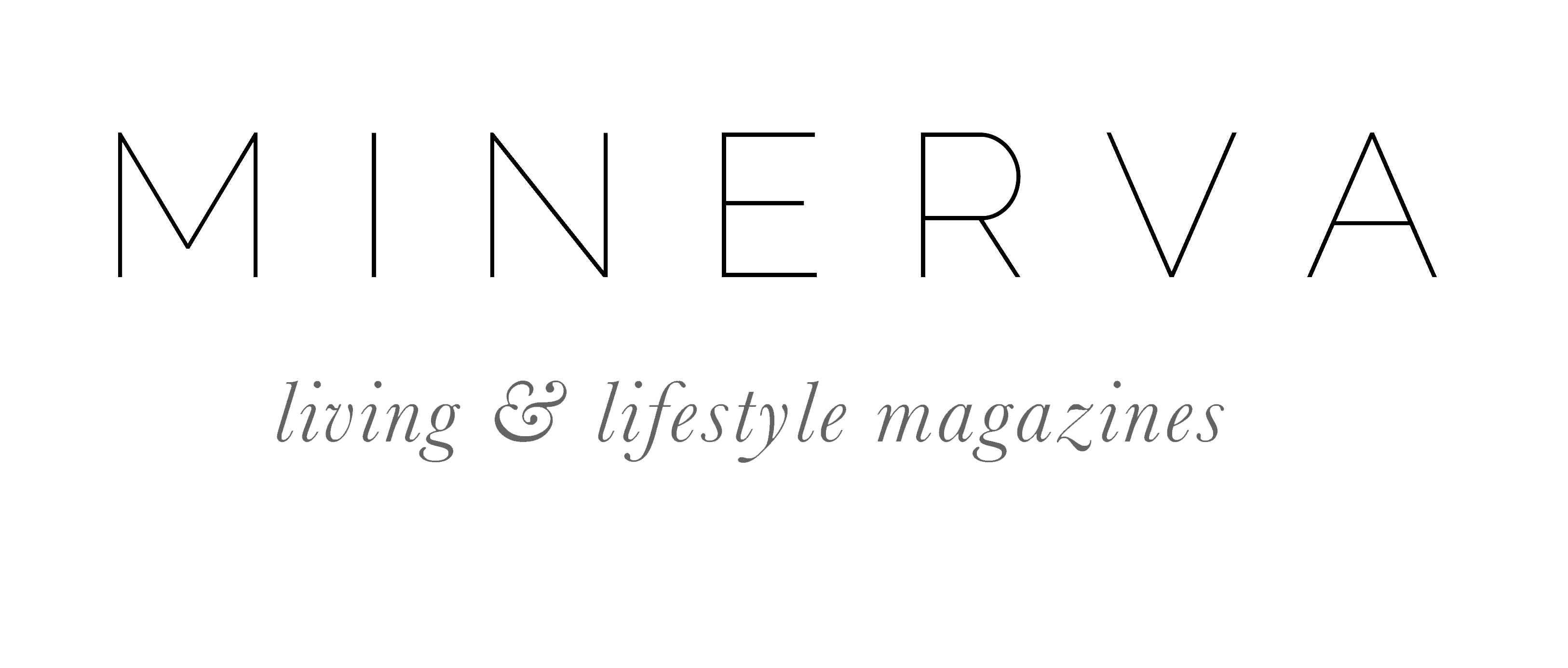FINANCE: Death clean or Spring clean? Why not do both?
Have you ever thought how much of a nightmare it would be for your family to have to deal with all of your belongings, if you died tomorrow?
Maybe your house is feeling cramped, worktops are full, corners are stacked, you have drawers packed full of mystery items and you’ve not been able to venture to the back of your attic for years…
Perhaps it’s time to recognise that not everyone will appreciate your ‘treasures’ after you’ve gone, nor will they relish the task of clearing your home when you’re no longer there. Maybe a purge is needed, which the Swedish call ‘dostadning’, otherwise known as Death cleaning.
‘Dostadning’ is the act of gradually decluttering your home as you get older. Many cite the ideal time to start is in your 50s, but it can start at any time and should continue for as long as you are able to or until you pass away. Essentially, it’s about reducing the amount of things, particularly trivial clutter, that you leave behind for others to deal with.
Swedish author, Margareta Magnusson, has dedicated an entire book to Death cleaning. She recommends that you always speak about it, so it makes you accountable and encourages you to keep up the practice. The writer also advises you not to be scared of it, explaining:
“Death cleaning isn’t the story of death and its slow, ungainly inevitability. But rather the story of…your life, the good memories and the bad. The good ones you keep…the bad you expunge.”
HERE ARE SOME TOP TIPS FOR A THOROUGH DEATH CLEAN:
Decide what you want to get rid of Ask yourself what you need on a daily basis and get rid of things that either aren’t useful or don’t, as the organising consultant, Marie Kondo would say, ‘spark joy.’ Also question whether the items will benefit friends and family and have a discussion with them about what they would like after you’re gone. It’s always useful to record these agreements in your Will, which can help avoid family disputes over your belongings, after you have passed away.
Donate, recycle and resell the items you no longer need
You don’t have to discard everything. Others may appreciate what you no longer need or want. You could sort these items into three categories – donations, re-sell or recycle.
Store the rest
Now that you’ve got rid of your clutter, you can re-arrange the possessions you plan to keep. It’s important that your belongings are stored in an orderly way and are easy for your relatives to find. Labelling the content in boxes and who they’re meant for, will also be very helpful.
Now is a good a time as any to begin Death cleaning, particularly when some of you may have more time on your hands during lockdown. Or perhaps combine your Spring clean with the start of a Death clean. It may seem like a huge task to undertake, but the prospect of living in a more calm, clutter-free environment may be the incentive that you need. By making a Will, which can specify who will inherit your belongings too, will also give you and your loved ones peace of mind.
To speak to our team about setting up a Will contact B P Collins LLP on 01753 889995 or email enquiries@bpcollins.co.uk

